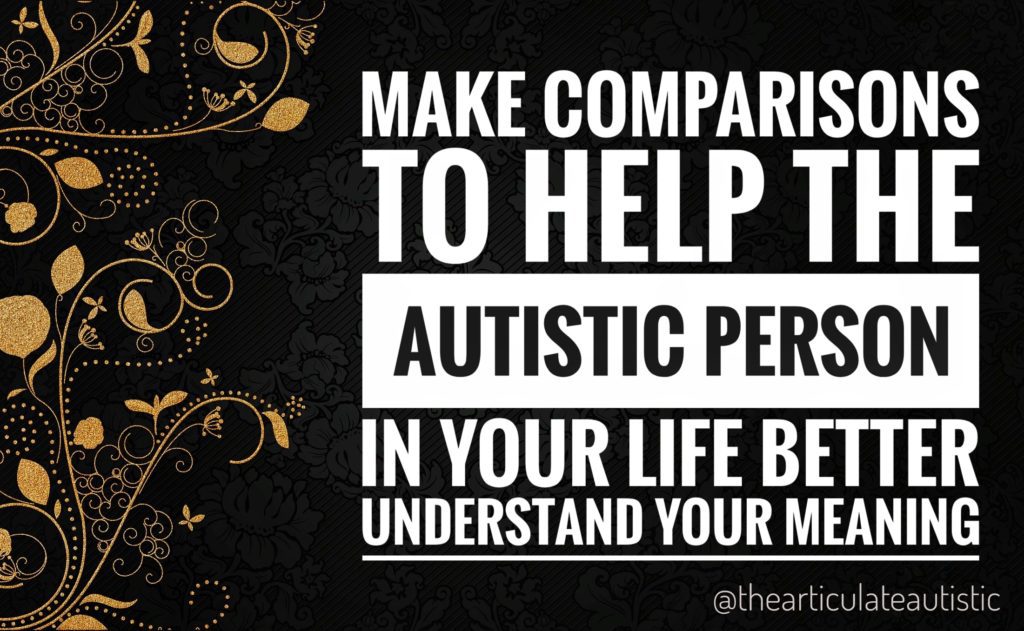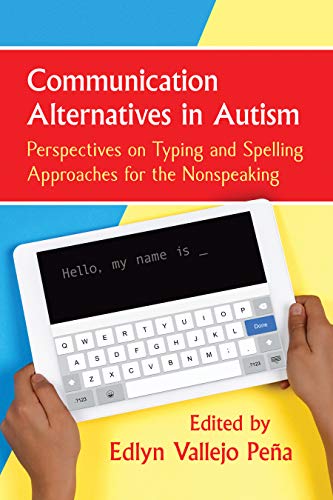“Are You Waiting for an Engraved Invitation?”

Idioms; so much fun for neurotypicals, not so much for the neurodivergent. (Until we actually learn and memorize what they mean and how to use them correctly–which not all of us even think to do.)
If someone says, “Are you waiting for an engraved invitation?”, they mean they think you’re moving too slowly or not responding fast enough to instructions.
They’re making the joke to imply that you’re taking your time because you’re waiting for a very specific time and place to do so. Like, you won’t move a muscle to do what you’re asked unless the order or request is fancy enough or from a higher source (the Queen, for example) to tell you specifically to do it.
In other words, they think your slowness to respond or lack of response is purposeful, so they’re trying to make a joke of it and help you save face at the same time! (Yes, this is actually a social kindness in the NT world.)
None of it is meant to be taken literally. The appropriate response is a sheepish chuckle and a slightly self-deprecating but jovial comeback such as, “Ha ha! Apparently, so!”, followed by you immediately and accurately completing the task.
Neurotypicals, as you can see from this comprehensive explanation, autistic people do not inherently understand this and other idioms as jokes or turns of phrase.
We take what is said to us literally.
Another effective tool in helping your autistic loved one understand your meaning is to make comparisons. Learn how this communication tool help you have more effective conversations with the neurodivergent people in your life.
Why do we take our time? Several factors could be at play here. One, we didn’t even know you asked us to do something because you were not direct.
Example:
“Do you want to set the table?”
vs
“Sarah, will you please grab the dishes and utensils and set the table like we worked on last night?”
The first approach may get you a blank stare or an outright “no” because your question implied we had a choice when we did not.
The second approach should go a lot smoother (if Sarah doesn’t panic and forget everything you showed her the night before, which can and will happen).
The other reason we may not respond quickly or seem like we’re responding at all is because it takes longer for us to process information.
Also, there may be background noise to filter out or something we are intensely working on, and we just didn’t quite understand or even hear all of what you said.
(Article continues below.)
The best way to improve communication with your autistic loved one is to understand how your autistic loved one’s mind works! Intentions, motivations, and personal expressions (facial expressions or lack thereof, body language, etc.), are often quite different in autistic people than they are in neurotypical people.
Experience a better understanding of your autistic loved one by reading books about life from an autistic perspective as well as stories that feature autistic characters. You’ll have so many “Ah ha!” moments and start seeing your autistic loved one in a different light (and you’ll have a better understanding of their behaviors, which you may have been misinterpreting up until now).
Books I recommend for a better understanding of your autistic loved one:
We may panic because our minds go blank when given an instruction or request because we’ve been severely abused in the past for not responding fast enough or accurately.
The best solution for this? Wait. Breathe. Wait some more. Check for understanding. Check to see if she even knows you’re in the room! Then, ask again.
If you’re going to use idioms with an autistic person, you’ll need to teach them like a foreign language. Say them (in a non-stressful environment) and immediately translate their meaning.
I use quite a few idioms myself, and the neurodivergent young man I work with doesn’t always get my meaning, so I translate right away when this happens.
For example, I told him once that if he bought a product from a certain website, he’d “pay through the nose”. He was confused and asked what that meant. I told him he’d be paying much more than the product was worth because it’s sold by a well-known company.
The explanation took an extra 10 seconds, and we didn’t miss a beat!
So, if the autistic person in your life isn’t responding to you in a way you expect, avoid idioms, jokes, and sarcasm. Be very clear and direct. Wait. Be clear and direct again, if necessary. Check for understanding. Ask them to repeat back to you what you’ve said. If they can’t, explain again.
It takes patience, respect, and understanding to learn our language and for us to learn yours, but it IS possible.
So, non-autistics, keep working at it. You’ll get there. After all, Rome wasn’t built in a day. 😉
And autistic peeps, keep working at it. You’ll get there. After all, big changes, much like building an entire city (like Rome) take time. 😉
Follow me on Instagram.
Want downloadable, PDF-format copies of these blog posts to print and use with your loved ones or small class? Click here to become a Patreon supporter!











